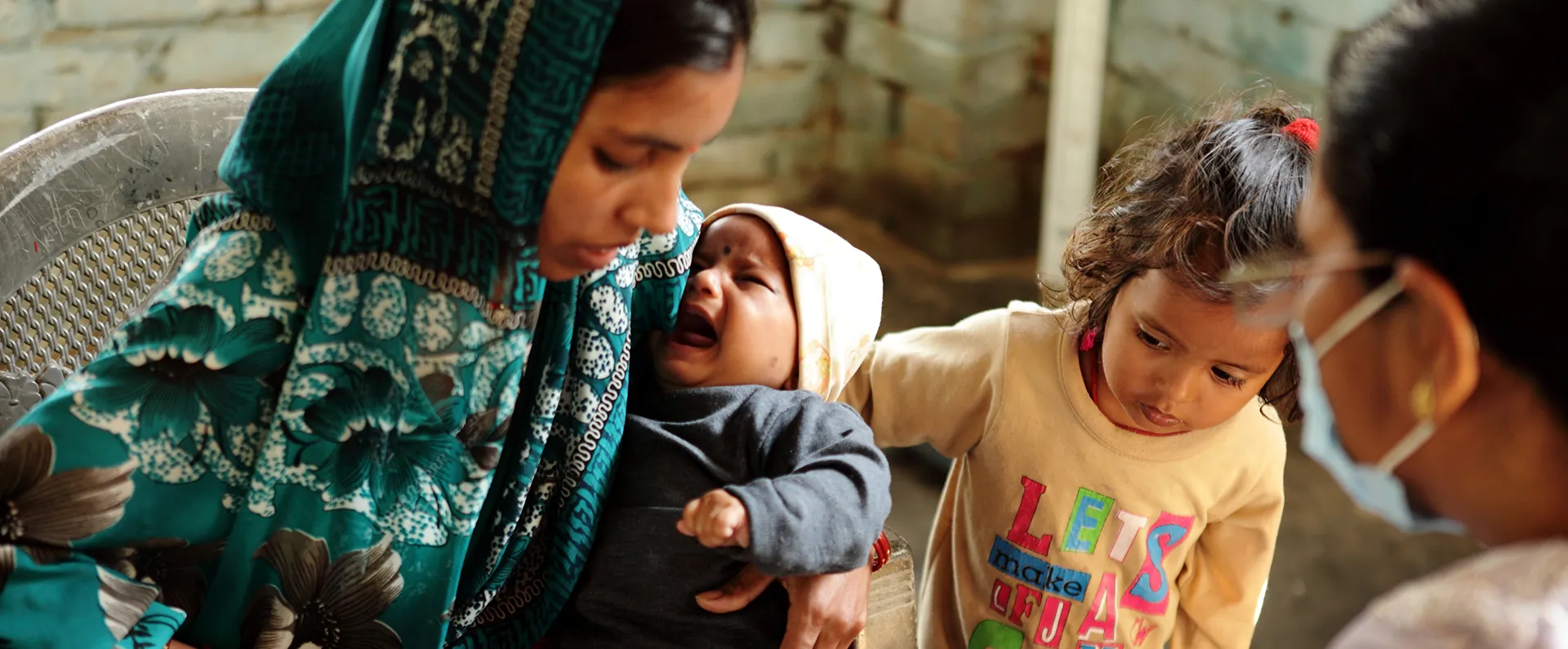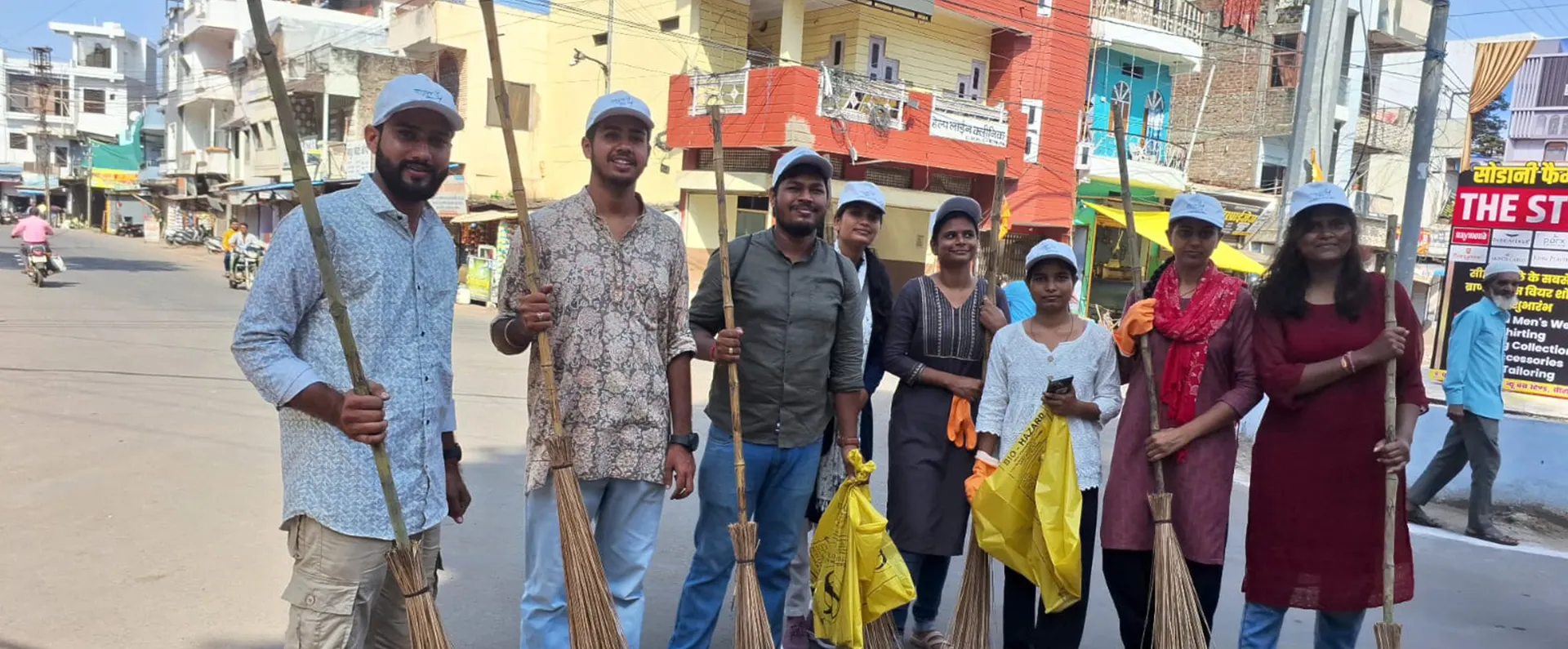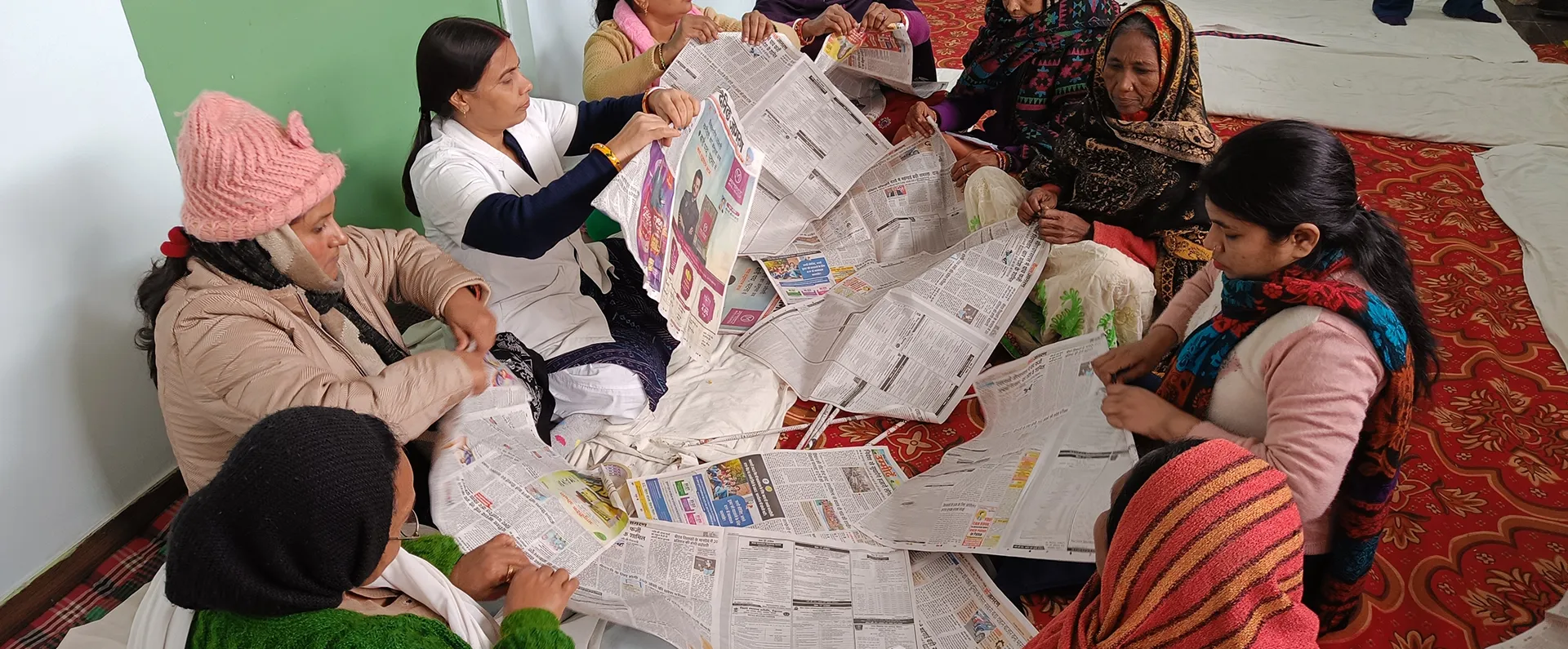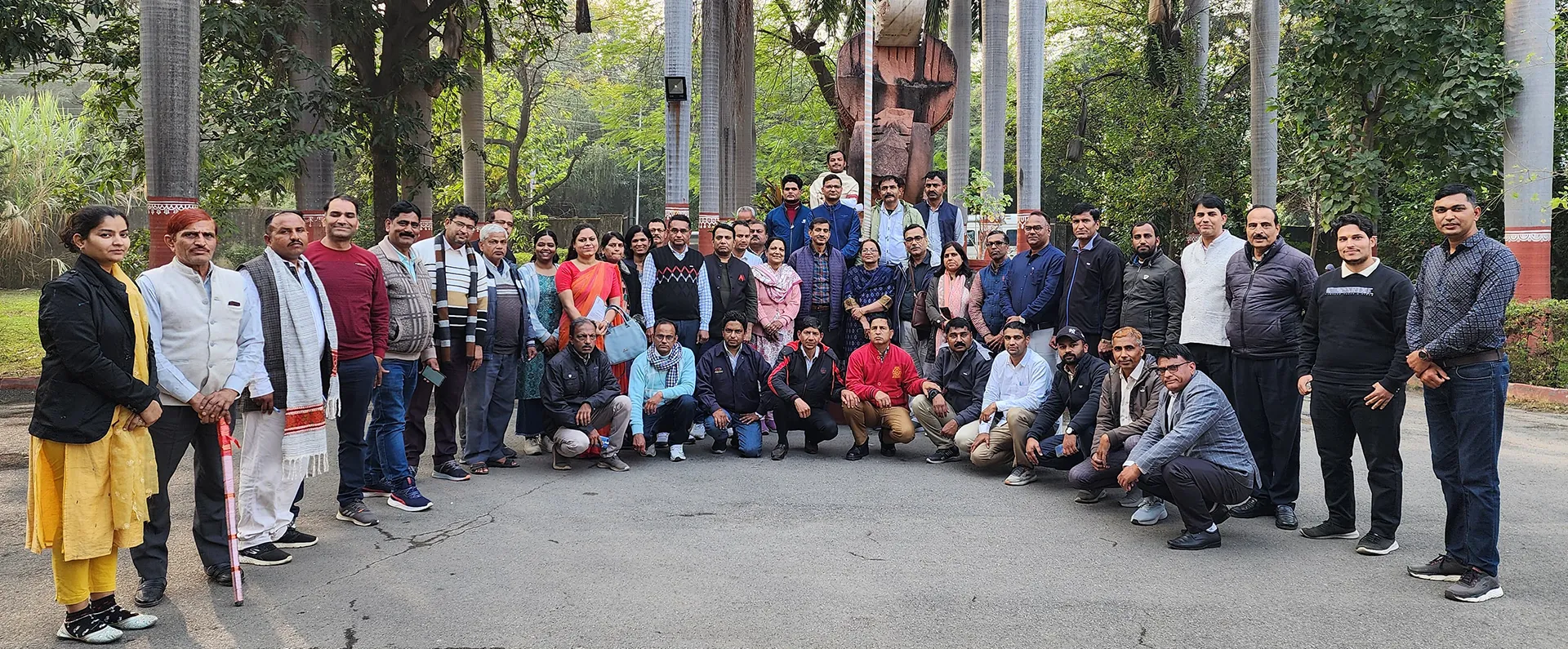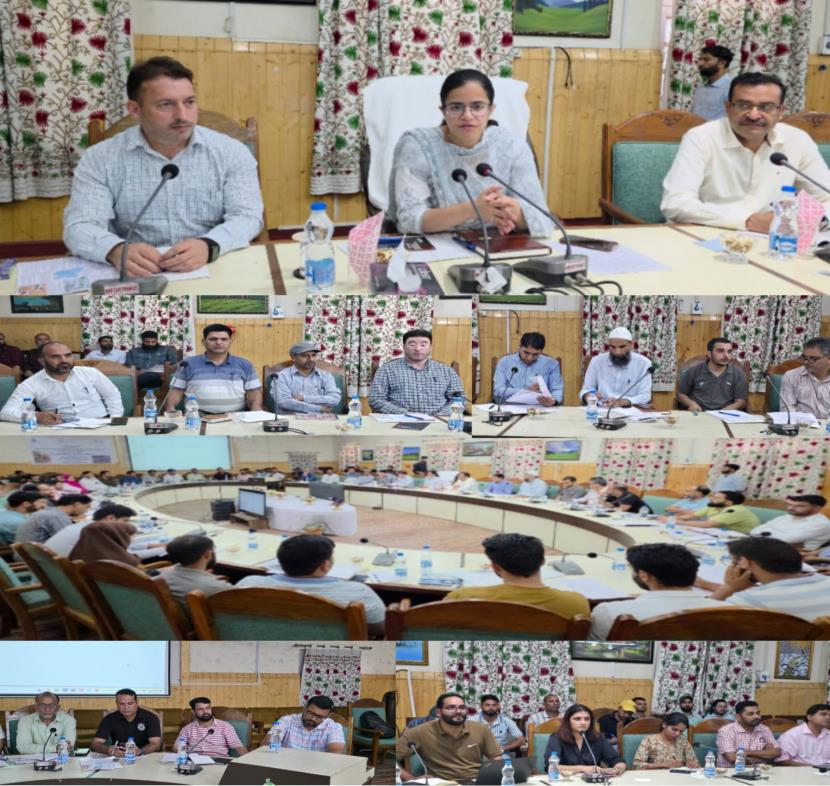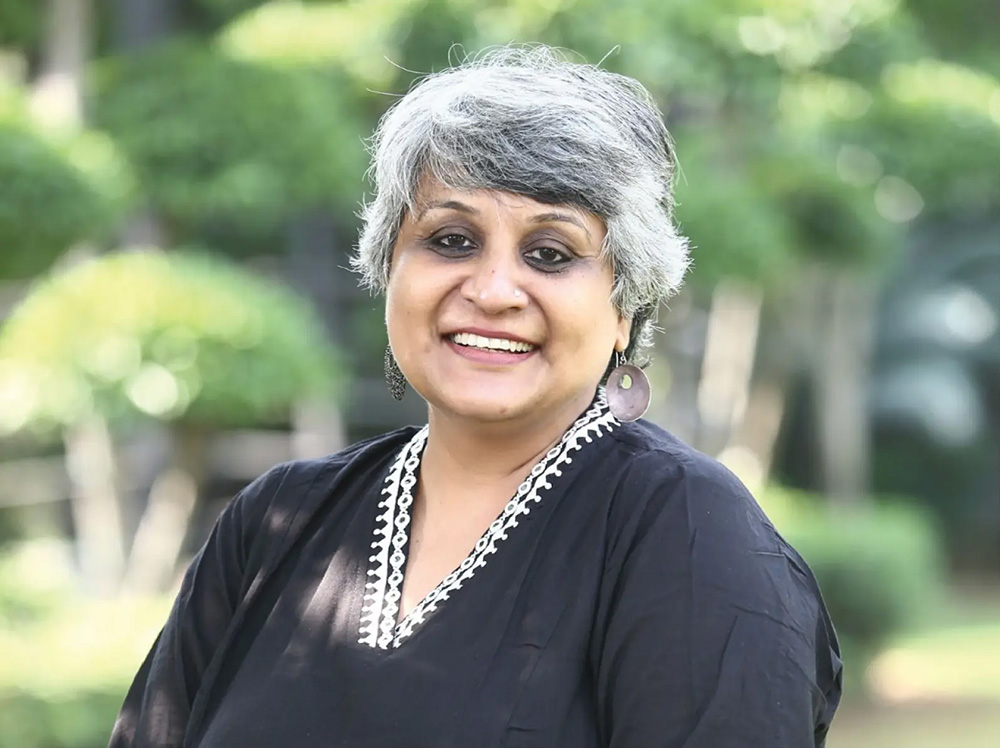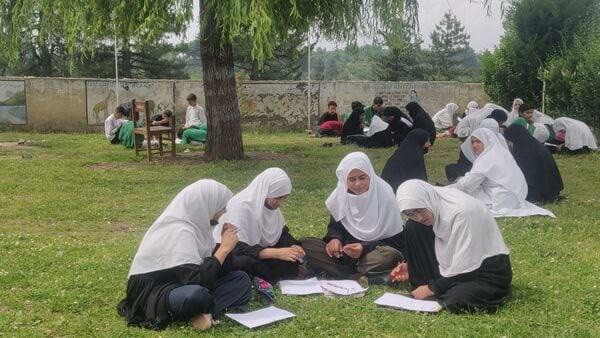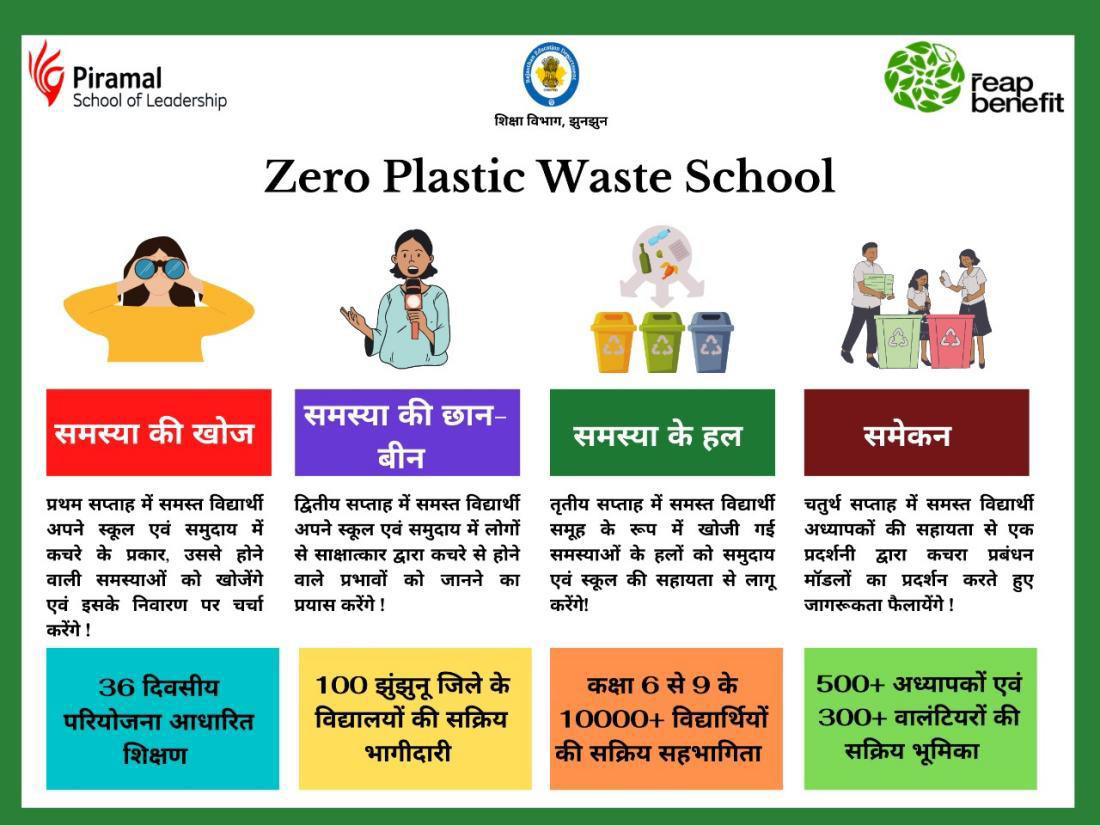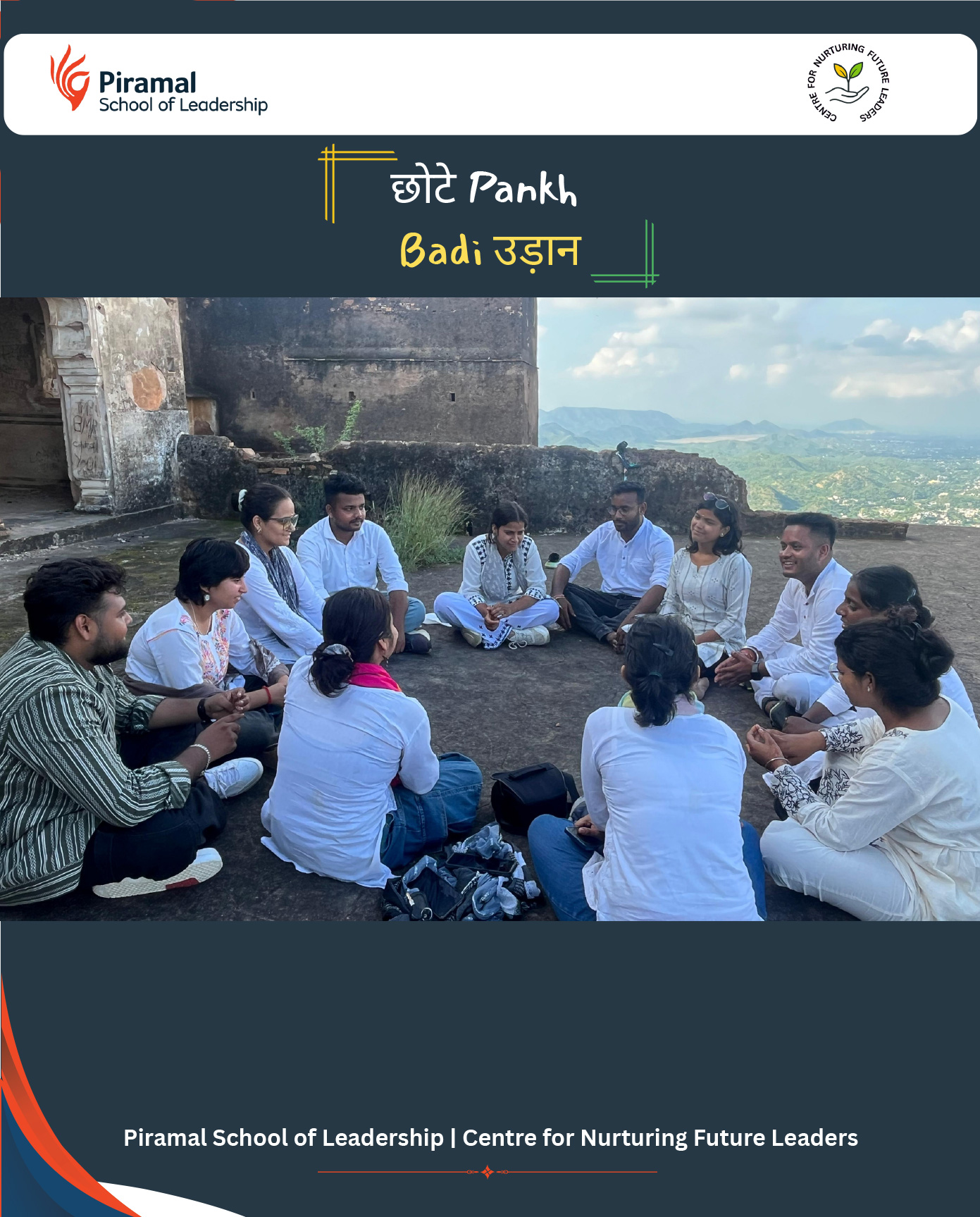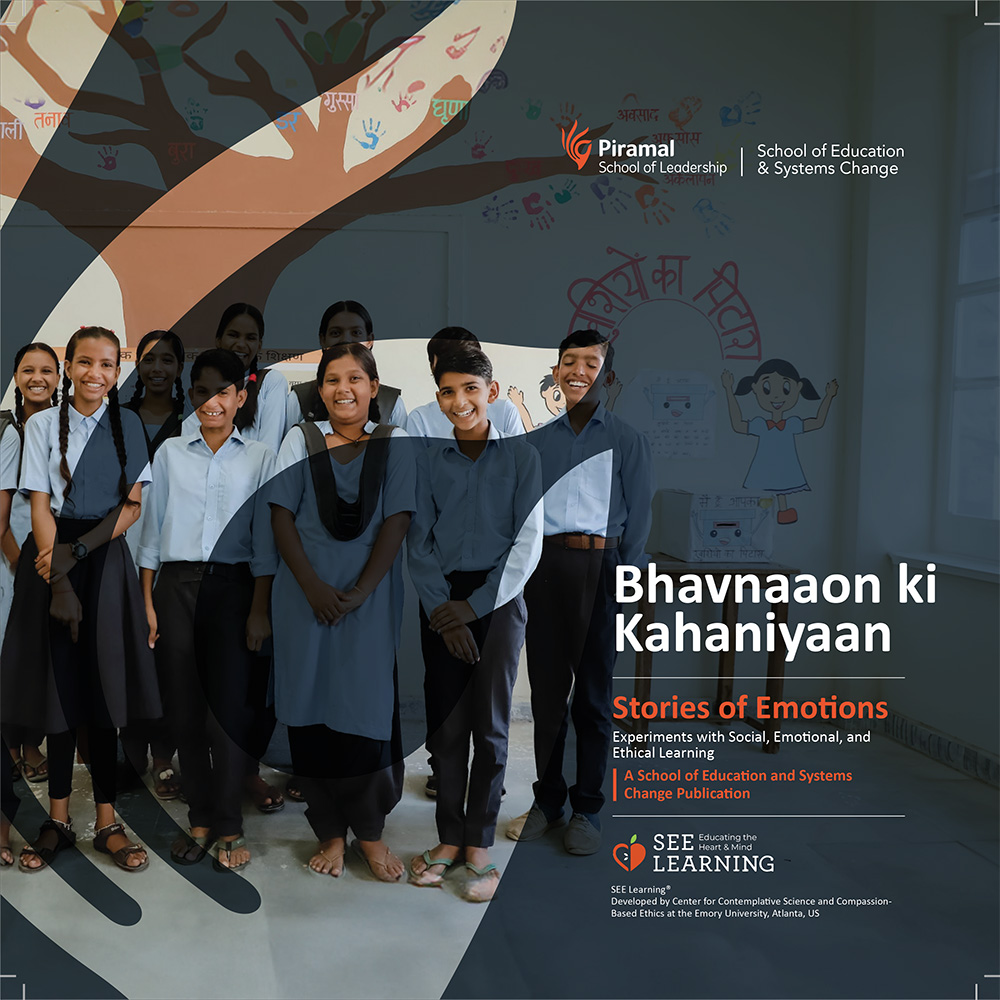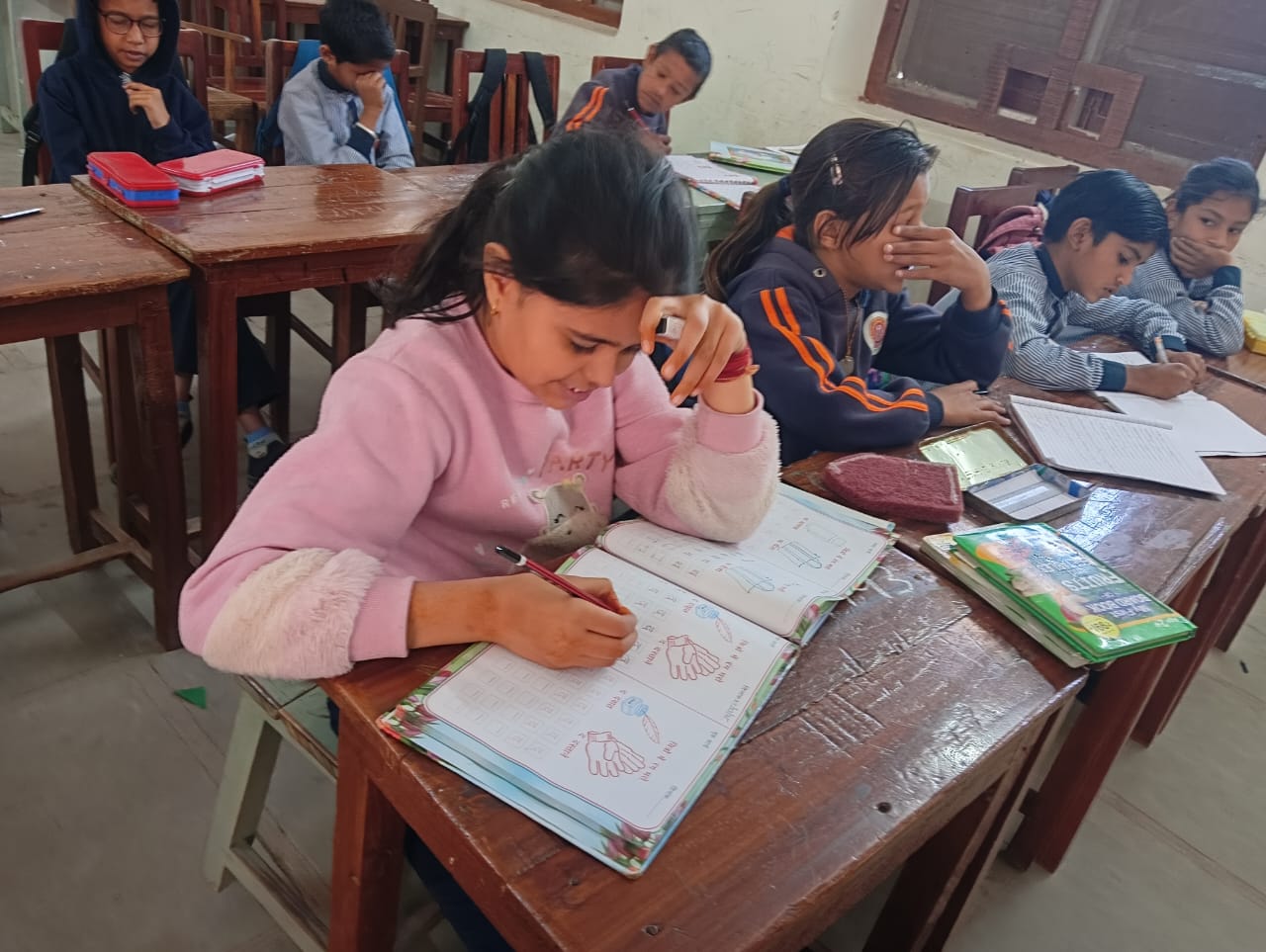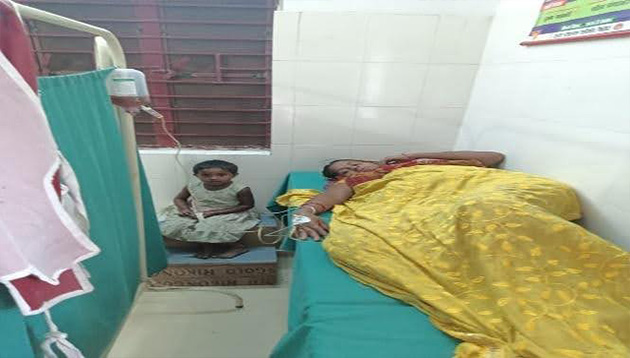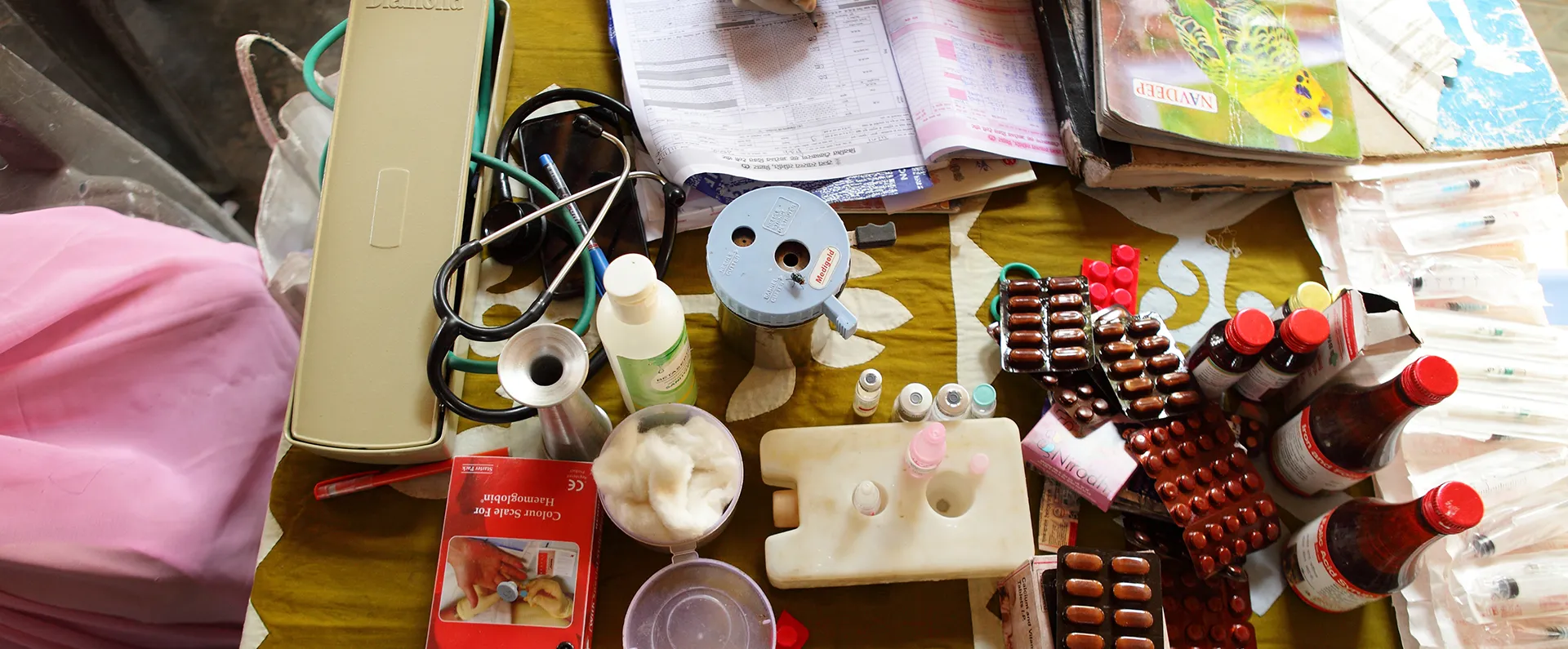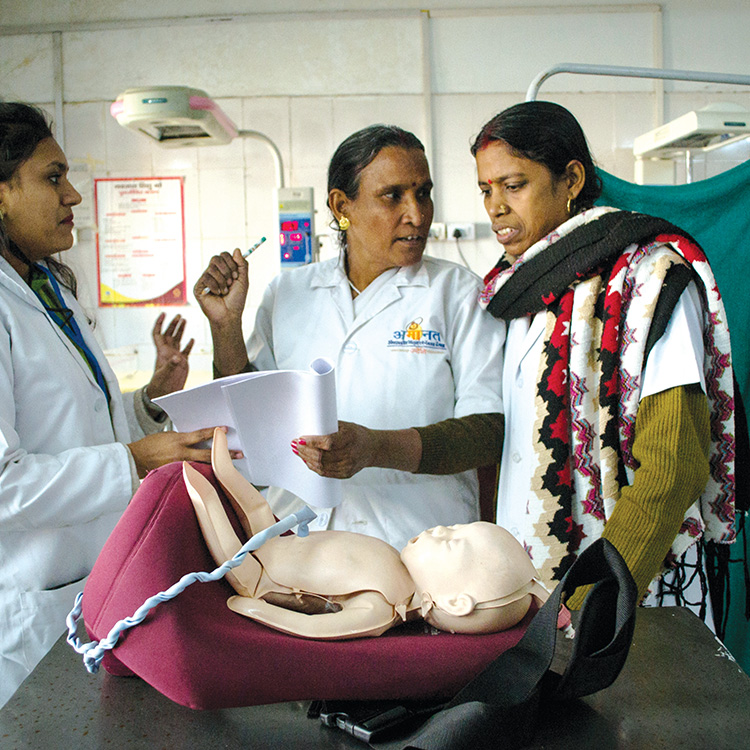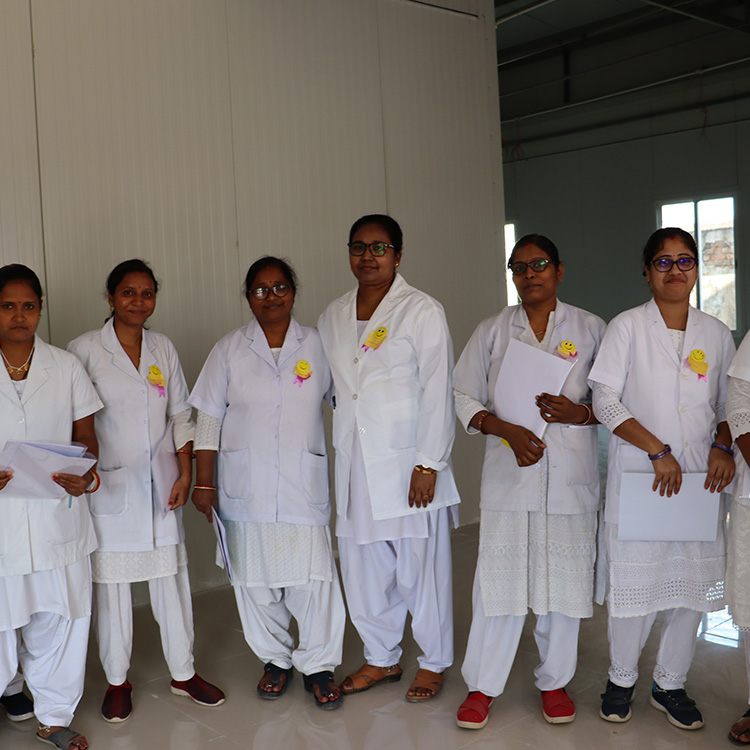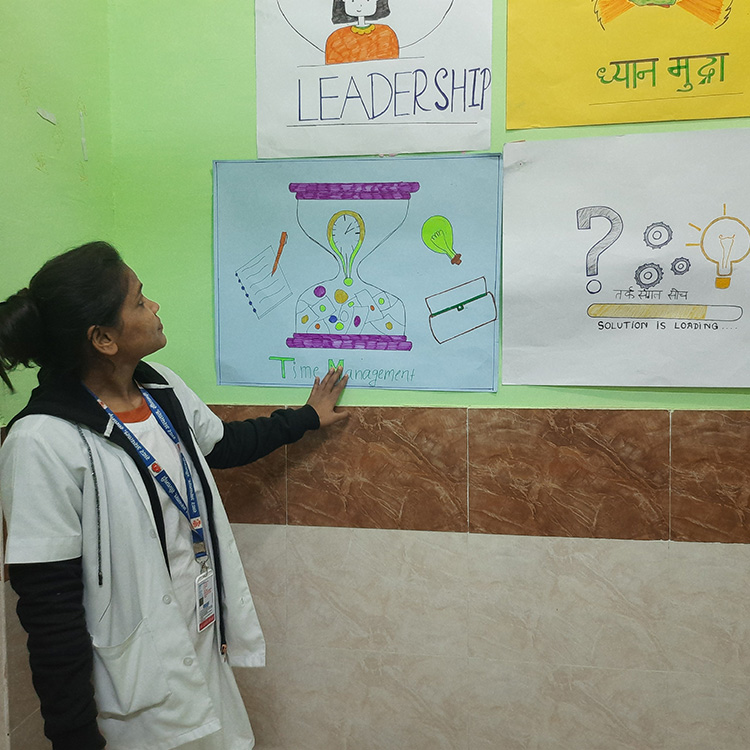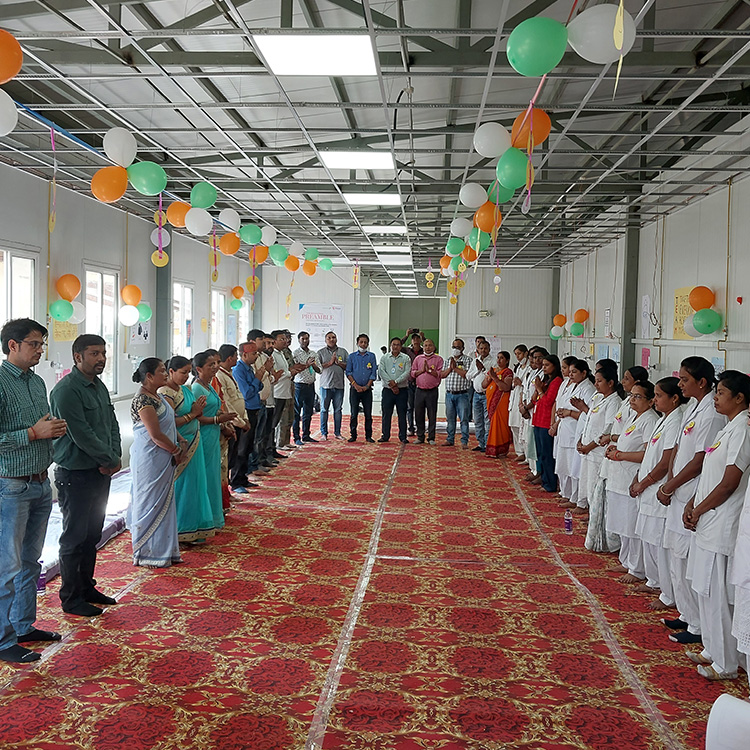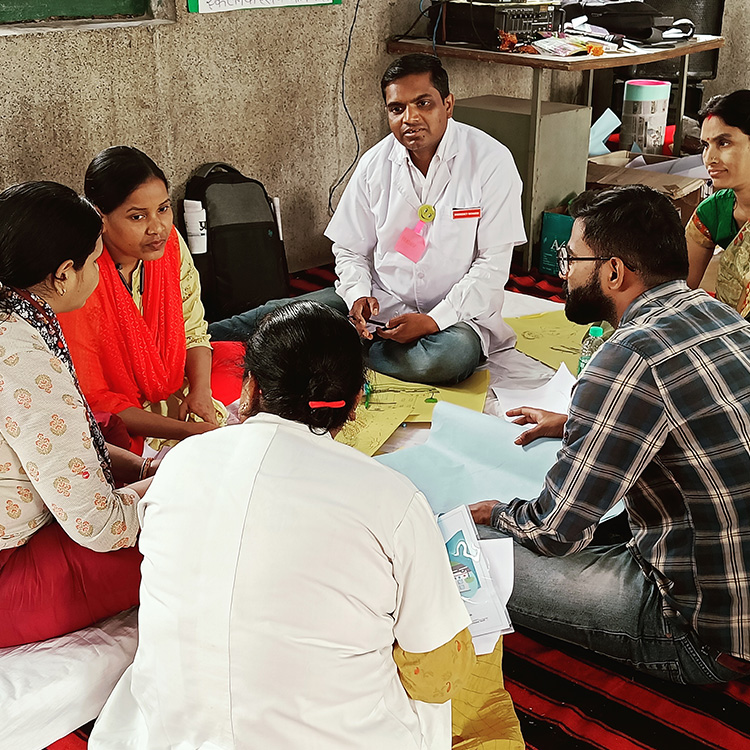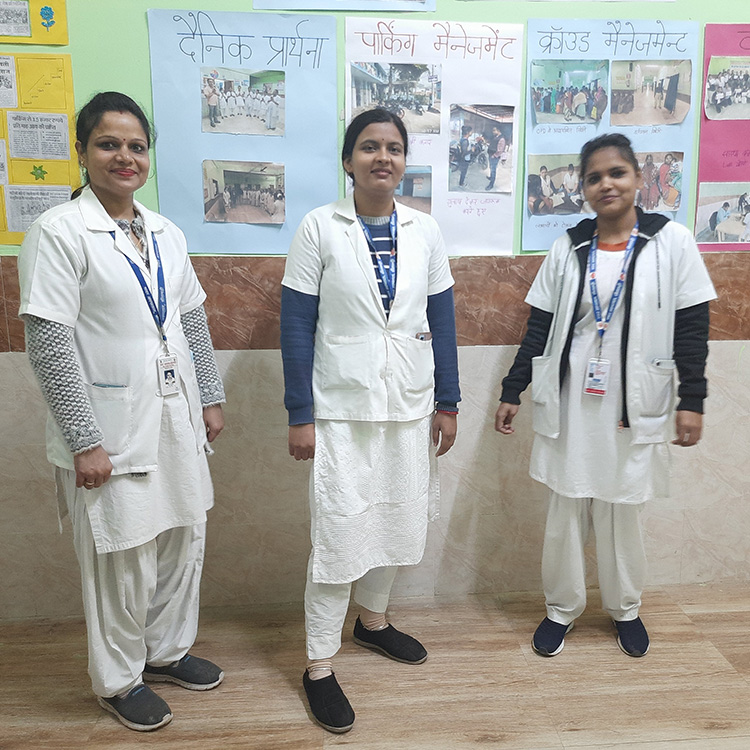Medical Services is about redefining what healthcare truly means not just in terms of access, but in the quality and humanity of care delivered. It demands a shift from volume-centric approaches to value-driven outcomes, where the focus is on delivering compassionate, effective, and equitable care. This transformation begins with strengthening the foundational capabilities of healthcare providers, not only in clinical excellence but also in soft skills such as empathy, respectful communication, and ethical decision-making qualities that deeply influence patient experience and trust.
At the system level, it means ensuring the availability of essential services, diagnostics, and medicines at the last mile, especially in underserved geographies. Drawing from the Piramal School of Leadership (PSL), this transformation also involves capacity building of frontline health workers, doctors, and hospital administrators through leadership development, operational excellence, and values-based healthcare. These efforts foster a culture where medical professionals not only deliver services but also lead systemic improvements from within.
Ultimately, transforming medical services is not only about better health outcomes—it is about restoring dignity to the act of care, fostering trust between communities and institutions, and creating a system where every citizen feels seen, heard, and healed.
The Challenge
Lack of clinical and leadership skills in medical cadres to effectively deliver quality clinical care
Interventions
- Enhance clinical and subject matter expertise and leadership capabilty in 2400+ medical service cadres across state, districts and blocks
- Develop 1500+ hours of curriculum to deepen the clinical and subject matter expertise of medical service cadres
- Institutionalization of District Mentoring Teams (DMT) for in-service clinical training of doctors and nurses for improving quality of RMNCH services across 350+ facilities
Outcomes
- 3670 nurses mentored across 400+ public hospitals
- 16,00,000 plus institutional deliveries conducted evry year
- 39,864 women received emergency C-section services in government hospitals (2022-23)


